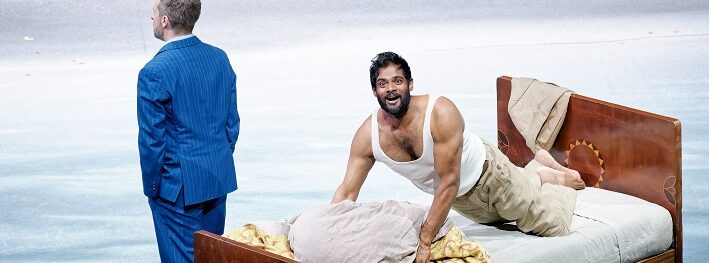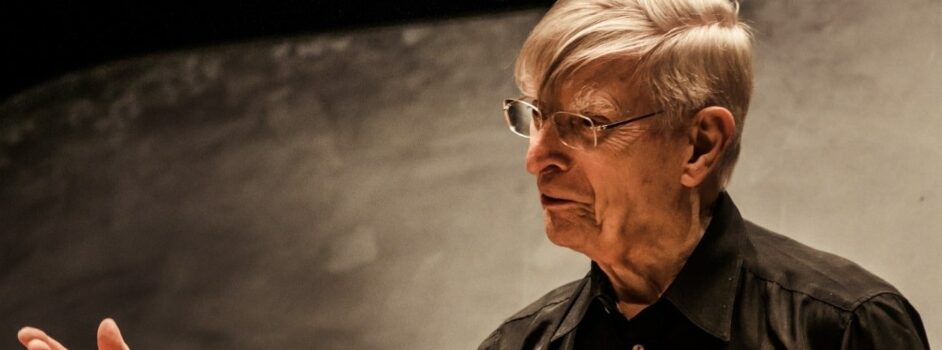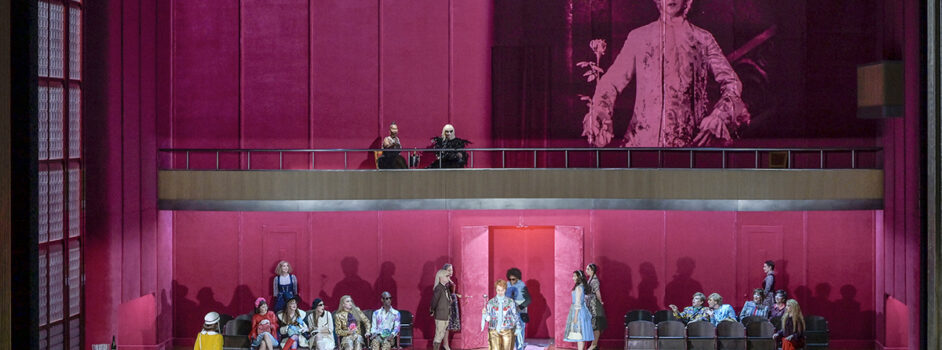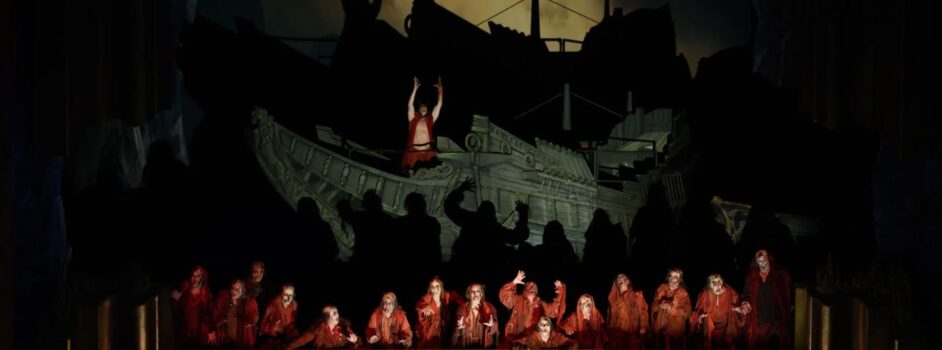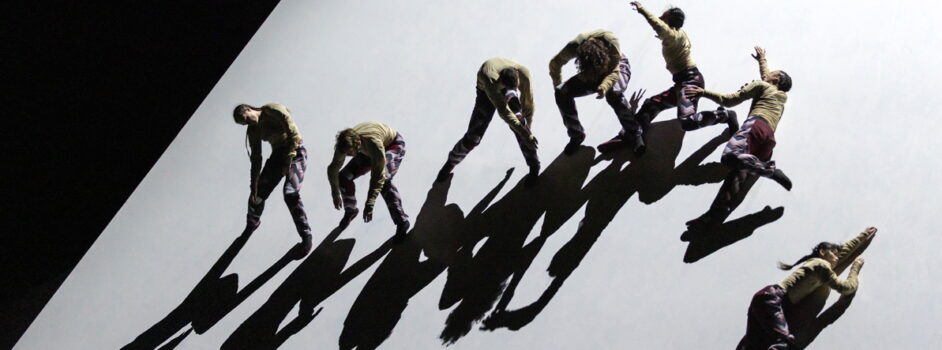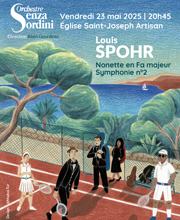Plus de détails
The Latvian violinist Baiba Skride made a lasting impression when she won the Queen Elisabeth Competition in 2001, which was the start of an international career at the highest level. Slikes to record rare works such as concertos by Frank Martin and Robert Schumann, and she explains why to ResMusica.
 “In a competition, most important is having a strong personality.”
“In a competition, most important is having a strong personality.”
ResMusica : You have been awarded the Grand Prize of the Queen Elisabeth Competition in Belgium in 2001. How have you been through this competition ?
Baiba Skride : The Queen Elisabeth competition was a wonderful experience for me. It was so exciting to be a part of such a historic and meaningful competition. I met amazing musicians there, I learnt a lot about myself and how to deal with such a pressure and I just loved the atmosphere in Brussels during that month.
RM : What is your opinion on music competitions, do you believe they are a must do for young musicians?
BS : I think generally that a competition can help for a career, but it doesn‘t always do that. In my case winning this competition opened me a lot of doors. The organizers of Queen Elisabeth they take great care of their winners, help them and keep track of them. But the most important thing is keeping those doors open, which only depends on how good you consistently are. The expectations of a winner of such big competition are very high and it is easier to disappoint people when they expect something specific rather than to surprise them when nobody knows what to expect. So it is a difficult road after winning and one where you have to prove yourself over and over again. And I also think that it is important for young players who decide to do competitions not to be too focused on winning and being perfect. What is more important in my opinion is having a strong personality even if that means maybe not winning.
RM : You have recorded the Violin Concerto by Frank Martin. What prompted you to play and record this wonderful but rare piece of the violin repertoire?
BS : When Mr. Fischer and me decided we wanted to record the Stravinsky concerto together, we started to look for another concerto to record with it. And Mr. Fischer had the idea of the Frank Martin violin Concerto. I am very thankful for that idea, because it truly is a wonderful concerto absolutely worth playing on big stages and I came to love it very much. It is a very exciting, beautiful and also for the audiences a very accessible piece.
RM : You are about to issue a recording of the Schumann Concerto, another work little appreciated and somewhat unrewarding. What is your vision of this work?
BS : In the last years I have come to think that Schumann Violin concerto is one of the really great violin concertos of the romantic repertoire. I think there are people who really love this piece and people who really hate it. Hardly anyone in between. I absolutely adore it and I hope to bring it to listeners who haven‘t yet come to love it. It seems a bit unrewarding, but only in the technical sense, it is very difficult for the violinist as it is for orchestras. But musically it rewards you in every way. The second movement is so beautiful and touching. And harmonically absolutely fascinating. The 3rd movement is unique, there is no such last movement in any other concerto – quite slow in the tempo but never the less so brilliant and exciting. For this concerto, as it is so controversial, you really need to find musicians who love it as much as you do and are thinking in the same direction. John Storgårds who is a violinist himself and has recorded both the Schumann concertos playing the violin was a wonderful partner for my recording and very inspiring. As for the cello concerto in the violin version – I am absolutely not trying to steel one of the most beautiful cello concertos from cellists! It is a completely different piece when played on the violin and also very beautiful. For me it even enriches the perception of this music being heard in such different way. I am so happy that there is this version of such masterpiece which we as violinists can enjoy.
RM : You were born in Riga and you studied in Germany, do you feel you belong to a “school of violin”?
BS : Even when I was studying in Riga, I didn‘t feel I belonged to some kind of school. My teacher there was very open to different interpretations as was my teacher later in Germany. Of course regarding recordings which were accessible in the former Soviet-union, those were mainly from soviet artists. But I left Latvia when I was around 14 and since then I have had the chance of course to be influenced by western recordings as well. So I think I am a mix of all kinds of „schools“. But I think nowadays with the world being so open such schools don‘t exist anymore. Everybody can listen to anything, study wherever he or she pleases and take part in all kinds of master classes. So music has become very global as well.
RM : You play a wonderful Stradivarius, what is the history of this instrument?
BS : The violin belongs to the wonderful Gidon Kremer who generously has loaned it to me. It is from 1734 so quite a late one. I love this violin very much, it has such warm tone and so many different colours. As for the history before Kremer it has been in Germany, Russia, Vienna and the USA.
Photo : © Marco Borggreve
Plus de détails
The Latvian violinist Baiba Skride made a lasting impression when she won the Queen Elisabeth Competition in 2001, which was the start of an international career at the highest level. Slikes to record rare works such as concertos by Frank Martin and Robert Schumann, and she explains why to ResMusica.

